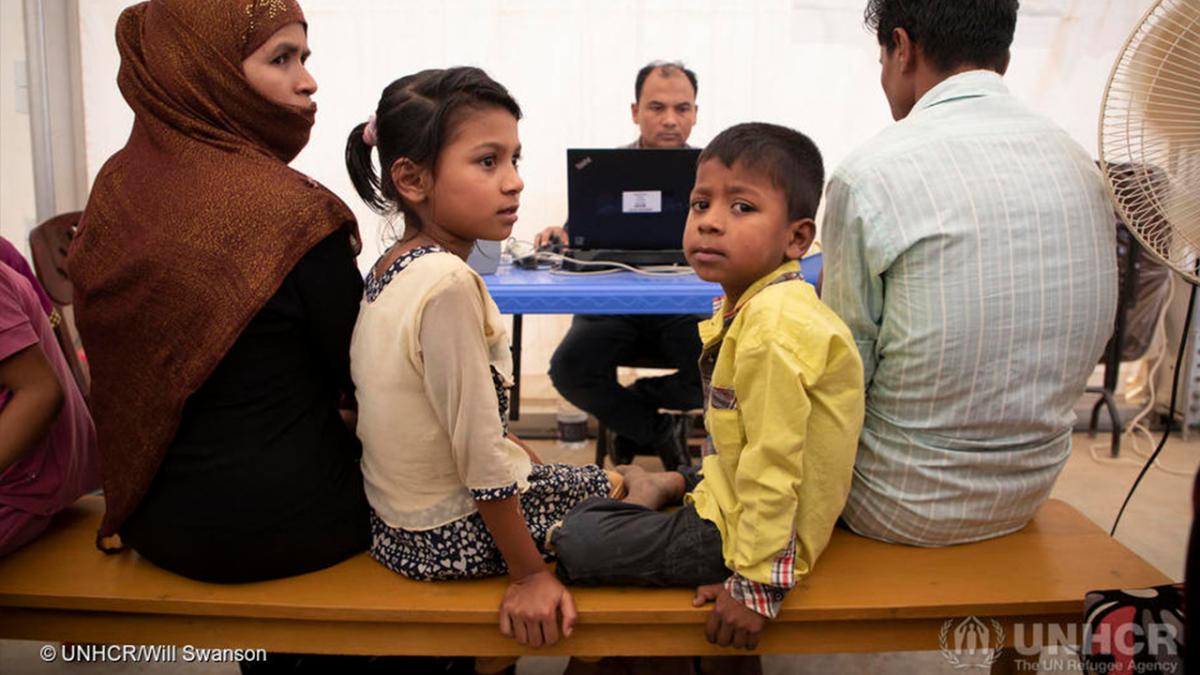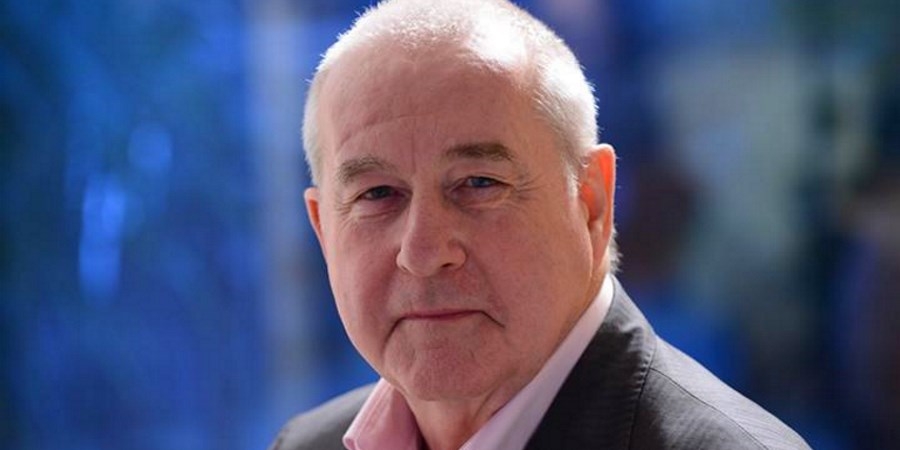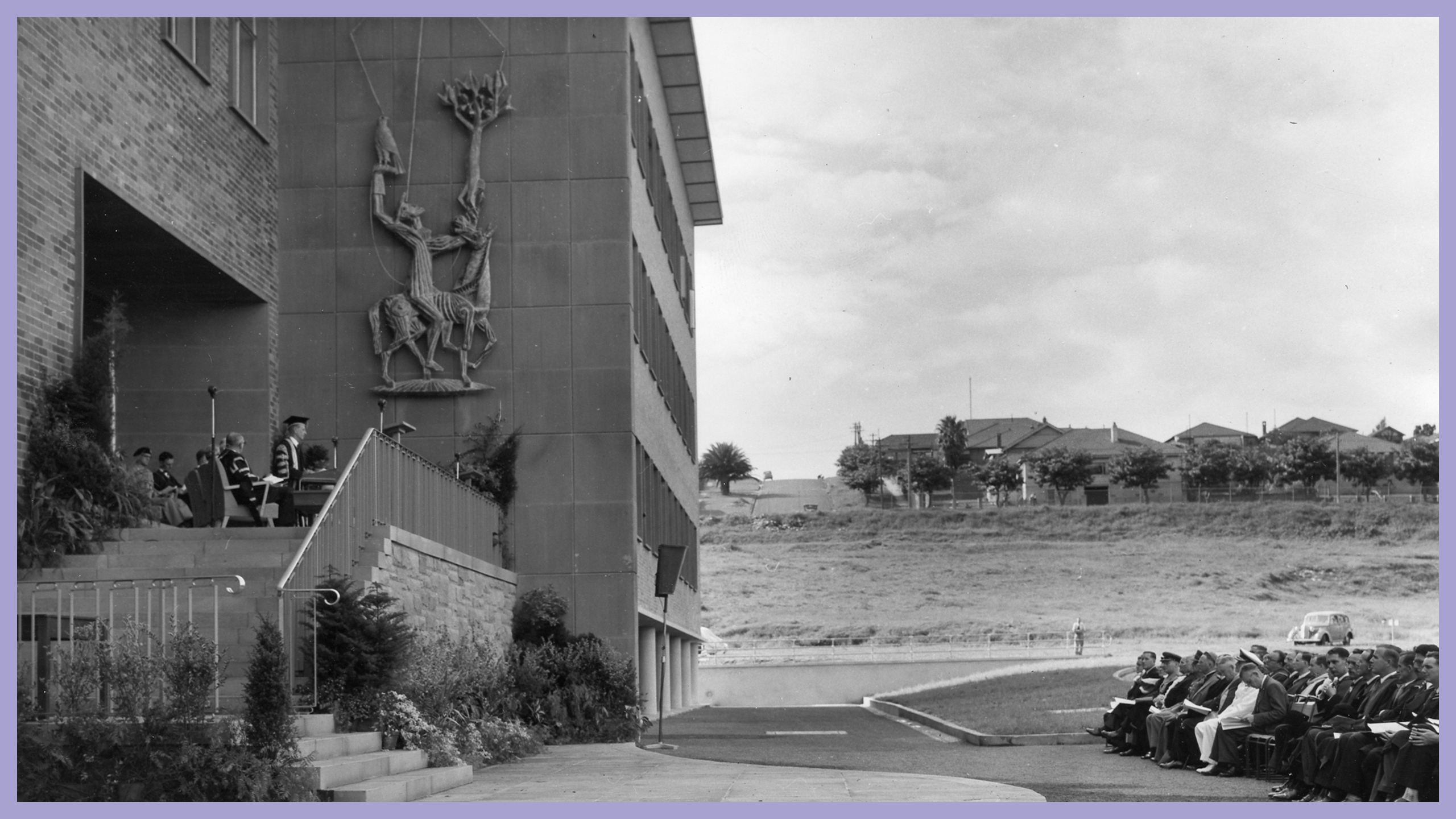2019 Kaldor Centre Annual Conference

Good decisions: Achieving fairness in refugee law, policy and practice
Every day, decisions are made about whether people need international protection because they are at risk of persecution or other forms of serious harm. A variety of people make these life-or-death calls – immigration officials at the airport, tribunal members and judges, public servants, even Ministers themselves. In another sense, the decisions are also made by the general public, because the politicians they elect to public office will shape the overall approach. This conference explores aspects of refugee decision-making from the micro to the macro level – from individual cases through to wider public policy. It asks how we can ensure that refugee decision-making is fair, transparent and protection-sensitive, with outcomes that are consistent with international law.
Keynote Speaker
A former litigator, Hilary Evans Cameron represented refugee claimants for a decade and now holds a doctorate in refugee law from the University of Toronto. Her research explores refugee status decision-making with a focus on credibility assessment. She is the author of Refugee Law's Fact-Finding Crisis: Truth, Risk and the Wrong Mistake (Cambridge 2018). Dr Evans Cameron was the Canadian Social Sciences and Humanities Research Council’s 2017 Bora Laskin National Fellow in Human Rights Research. She is a lecturer at Trinity College in the University of Toronto in the Ethics, Society and Law program and an adjunct professor at Osgoode Hall Law School.
Conference Program
The year in review
Professor Guy S Goodwin Gill (Acting Director, Kaldor Centre for International Refugee Law, UNSW)
Opening keynote address
Chaired by Andrew Kaldor AM (Advisory Commitee Chair, Kaldor Centre for International Refugee Law, UNSW)
Toward "fair, transparent and protection-sensitive" credibility judgments
Dr Hilary Evans Cameron (University of Toronto)
Panel 1 – Deciding refugee claims
What factors enhance (or impede) good refugee decision-making on a case-by-case basis? This session explores how procedures and processes affect the way decisions are made, and the impacts they have on the lives of those affected by them.
Chaired by Om Dhungel (Consultant and trainer)
Street-level bureaucrats, discretion and data: pre-screening protection claims at the border
Regina Jefferies (Scientia PhD scholar, Kaldor Centre for International Refugee Law, UNSW)
Assessing asylum claims for members of the "Legacy Caseload"
Edward Santow (Human Rights Commissioner, Australian Human Rights Commission)
Refugee Status Determination: Mental distress and lethal hopelessness: Challenges for legal professionals
Mary Anne Kenny (Associate Professor, School of Law, Murdoch University) & Professor Nicholas Procter (Chair, Mental Health Nursing, University of South Australia)
Panel 2 – Good policy, good politics?
How do we ensure that decisions that shape our laws and public policy result in fair, transparent and protection-oriented outcomes? This session explores the interaction (and dissonance) between public attitudes on refugees, the lived experiences of refugees, and increasingly restrictive policies towards citizenship and inclusion.
Chaired by Abdul Karim Hekmat (Journalist and photographer)
Nothing about us without us: The role of people with lived experience in decision-making
Najeeba Wazefadost (President, Hazara Women of Australia)
The wealth paradox: Economic prosperity, populism and opposition to refugees and asylum seekers
Professor Jolanda Jetten (School of Psychology, University of Queensland)
How law and policies create barriers to inclusion for refugees and people seeking asylum
Dr Sangeetha Pillai (Senior Research Associate, Kaldor Centre for International Refugee Law, UNSW)
Panel 3 – Q&A: Getting to good decisions
This panel is an interactive discussion with decision-makers working across the spectrum of assessing protection claims in Australia.
Chaired by Shukufa Tahiri (Policy Officer, Refugee Council of Australia)
Shahyar Roushan (Senior Member, Administrative Appeals Tribunal)
Justice Melissa Perry (Judge, Federal Court of Australia)
Shaun Hanns (former Protection Obligations Decision Maker, Department of Home Affairs)
Vote of thanks
Professor Andrea Durbach (Professor and Associate Dean (Academic), Law Faculty, UNSW)

Guy S Goodwin-Gill
Guy S Goodwin Gill is Professor of Law at UNSW and Acting Director of the Kaldor Centre for International Refugee Law. He is also Emeritus Fellow of All Souls College, Oxford and Emeritus Professor of International Refugee Law of the University of Oxford, and practises as a barrister from Blackstone Chambers in London. He has held academic appointments in the United Kingdom, Canada and the Netherlands, and has been a Visiting Professorial Fellow at the Université Libre de Bruxelles, the Geneva Academy of International Humanitarian Law and Human Rights, and the European University Institute in Florence. He has published widely in the areas of international refugee law, human rights law and humanitarian law, child soldiers, and free and fair elections. Professor Goodwin-Gill is a Patron of Asylum Aid in the United Kingdom, was the President of Refugee & Migrant Justice (London) for 13 years, President of the Media Appeals Board of Kosovo from 2000–03, and the Founding Editor and Editor-in-Chief of the International Journal of Refugee Law (1988–2001). Between 1976–88, he worked for UNHCR in various roles, including as Senior Legal Research Officer, Legal Adviser (Europe and North America Bureau), Deputy Chief Resettlement, and Legal Adviser (Australia and New Zealand). He obtained his BA (Honours), MA and doctorate from the University of Oxford.



